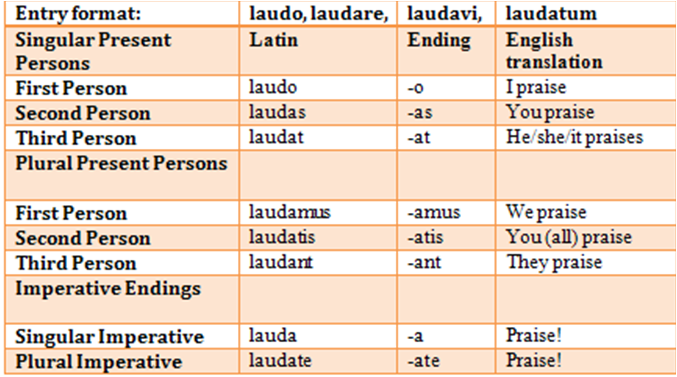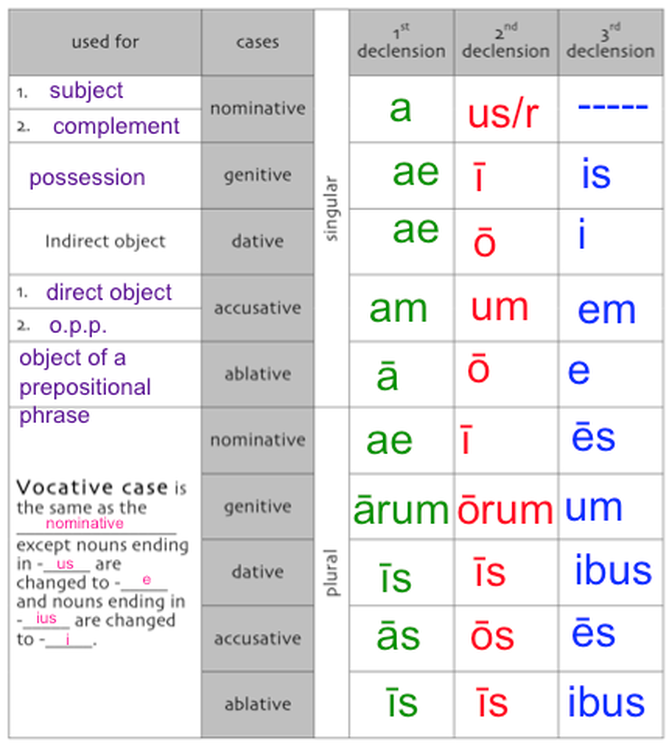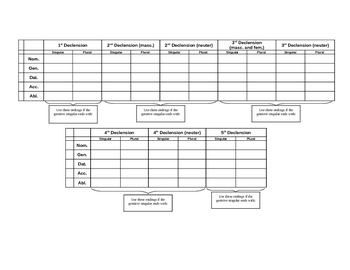

I granted the land, with these being witnesses, John Smith, Simon Nele and many others.It is almost impossible to start any survey of the uses of Gerunds & Gerundives without referring to the immortal Molesworth books (if you haven't read them, find them immediately!) The one entitled 'How To Be Topp' (sic) explains various ruses and schemes to cheat your way to success in different school subjects (from the point of view of Nigel Molesworth, the world's laziest Prep School boy). The verb ‘to be’ does not have a participle and therefore such a participle does not appear in sentences where you would expect it.Ĭoncessi terram, hiis testibus Johanne Smith, Simone Nele, et multis aliis In this example the ablative absolute phrase could be perhaps translated most naturally as ‘after my debts have been paid’. Such a clause can be translated in various ways, for example with the words ‘because’, ‘when’, ‘after’, ‘although’ or ‘if’. My debts having first been paid, I leave the rest of my goods… This is called the ablative absolute because, firstly, this type of phrase is always in the ablative case, and secondly, the phrase stands alone and is completely independent of any grammatical constraints of the main sentence it is linked to.ĭebitis meis prius solutis, residuum meorum bonorum lego… Sometimes participles in the present, perfect or future are linked with nouns or pronouns in the ablative case. The girl went to the court determined to hear this summons. The girl went to the court about to hear this summons. The girl went to the court intending to hear this summons. Puella ad curiam ivit hanc summonitionem audituraĪuditura is therefore singular, feminine, nominative A future participle can be translated in a number of ways. Just like all participles, it must agree with the noun it is describing. GroupĪ future participle describes an action or a state which will take place after the action or state of the main verb. To form the future participle, remove the ‘ -m’ from the end of the supine, add ‘ -r’ and decline as above. Future participleįuture participles decline in the same way as past participles. In this instance the noun associated with the participle is in the nominative case but it can occur in other cases. When she had been called, the girl was afraid. The girl, having been called, was afraid.Īfter she was called, the girl was afraid.


Vocata is therefore singular, feminine, nominative Just like all participles, it must agree with the noun it is describing.Ī perfect participle can be translated in a number of ways.

GroupĪ perfect participle describes an action or a state which took place before the action or state of the main verb. To form the past participle, remove the ‘ -um’ from the end of the supine and decline as above. Past participles decline in the following way, which is similar to a first and second declension adjective. Lacrimantem is therefore singular, feminine, accusative Puellam is singular, feminine, accusative Note that for some third conjugation verbs you will need to retain the ‘- i’ of the stem before the relevant ending is added.Ī present participle describes an action or a state which is taking place at the same time as the action or state of the main verb. For fourth conjugation verbs you will need to add an ‘ -e’ to the stem before the endings. To form the present participle for first, second and third conjugation verbs, remove ‘- re’ from the infinitive to get the stem and add the relevant ending above. Present participles decline in the following way, which is similar to a third declension adjective. The present and future participles are active and the perfect participle is passive. In Latin three kinds of participle exist: the present, perfect and future. This means that it agrees with the noun it modifies in number, case and gender. A participle is formed from a verb but looks and behaves like an adjective.


 0 kommentar(er)
0 kommentar(er)
